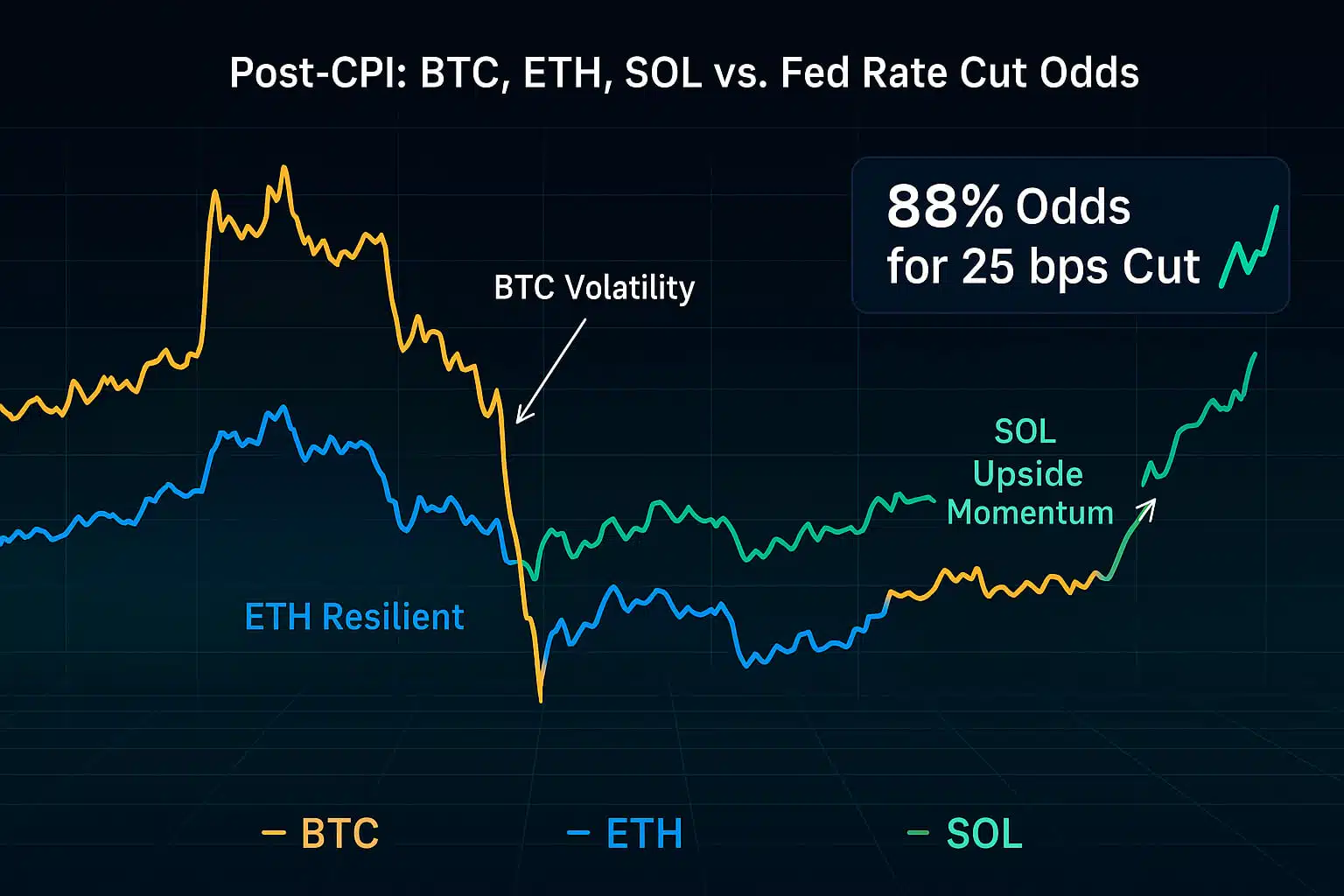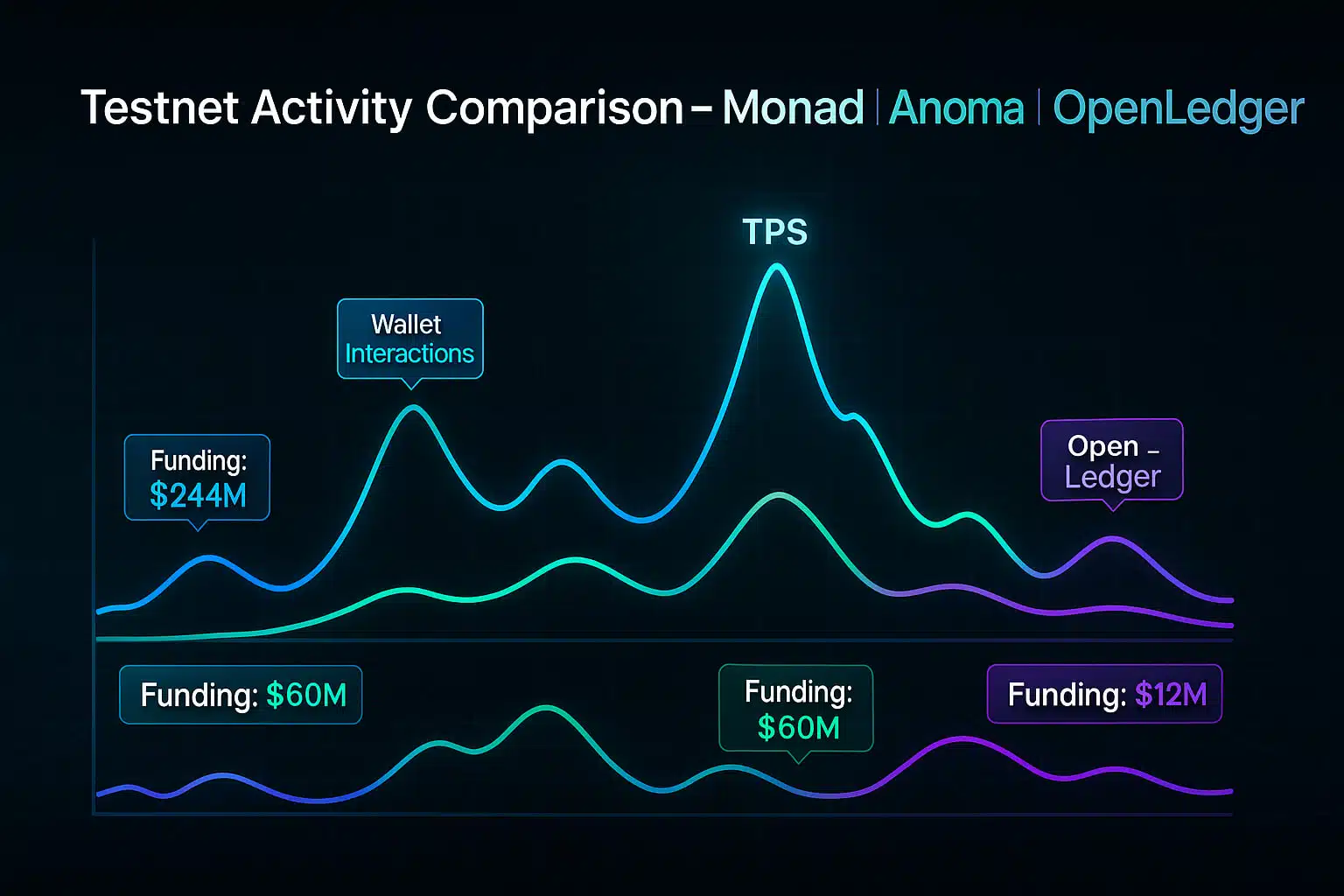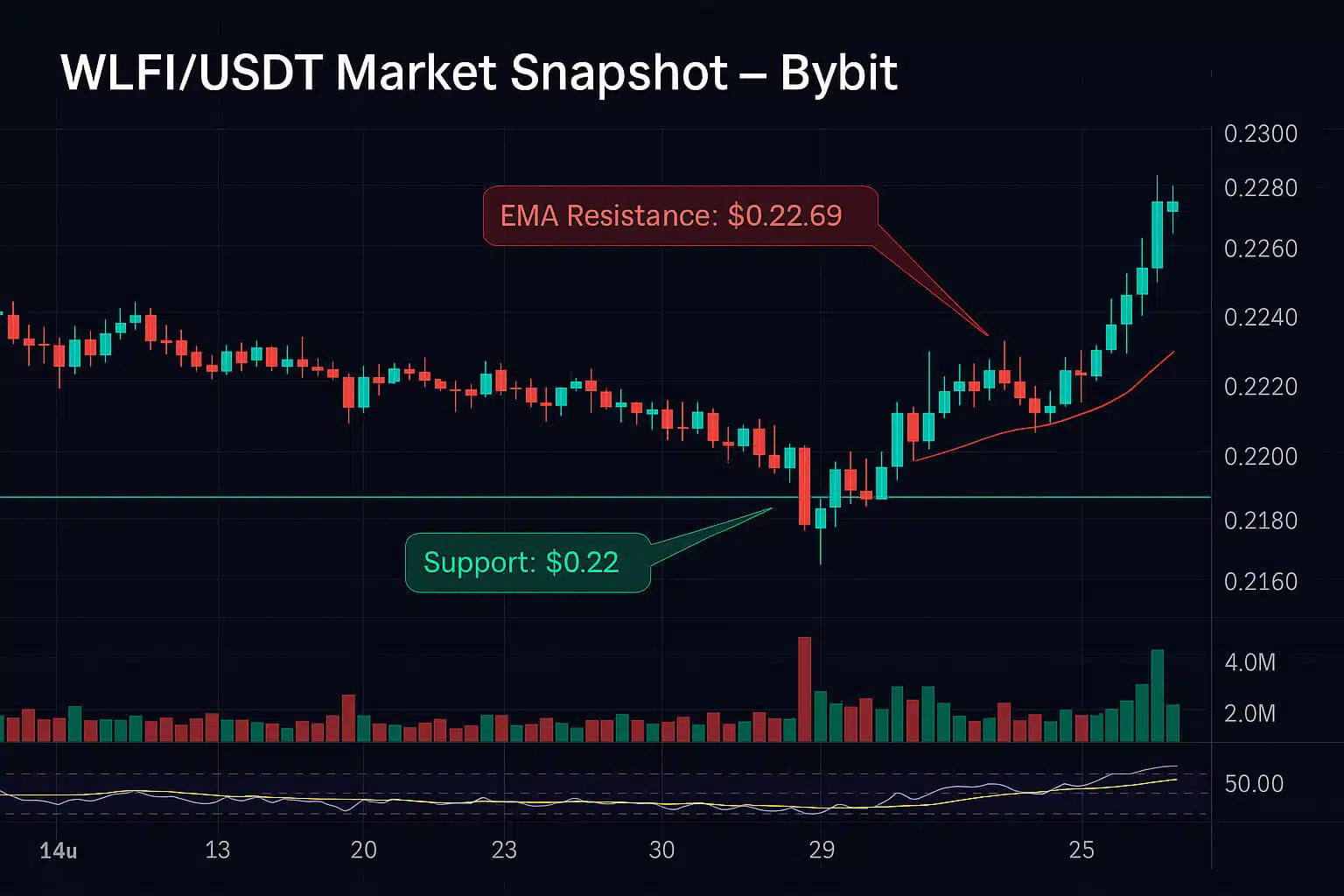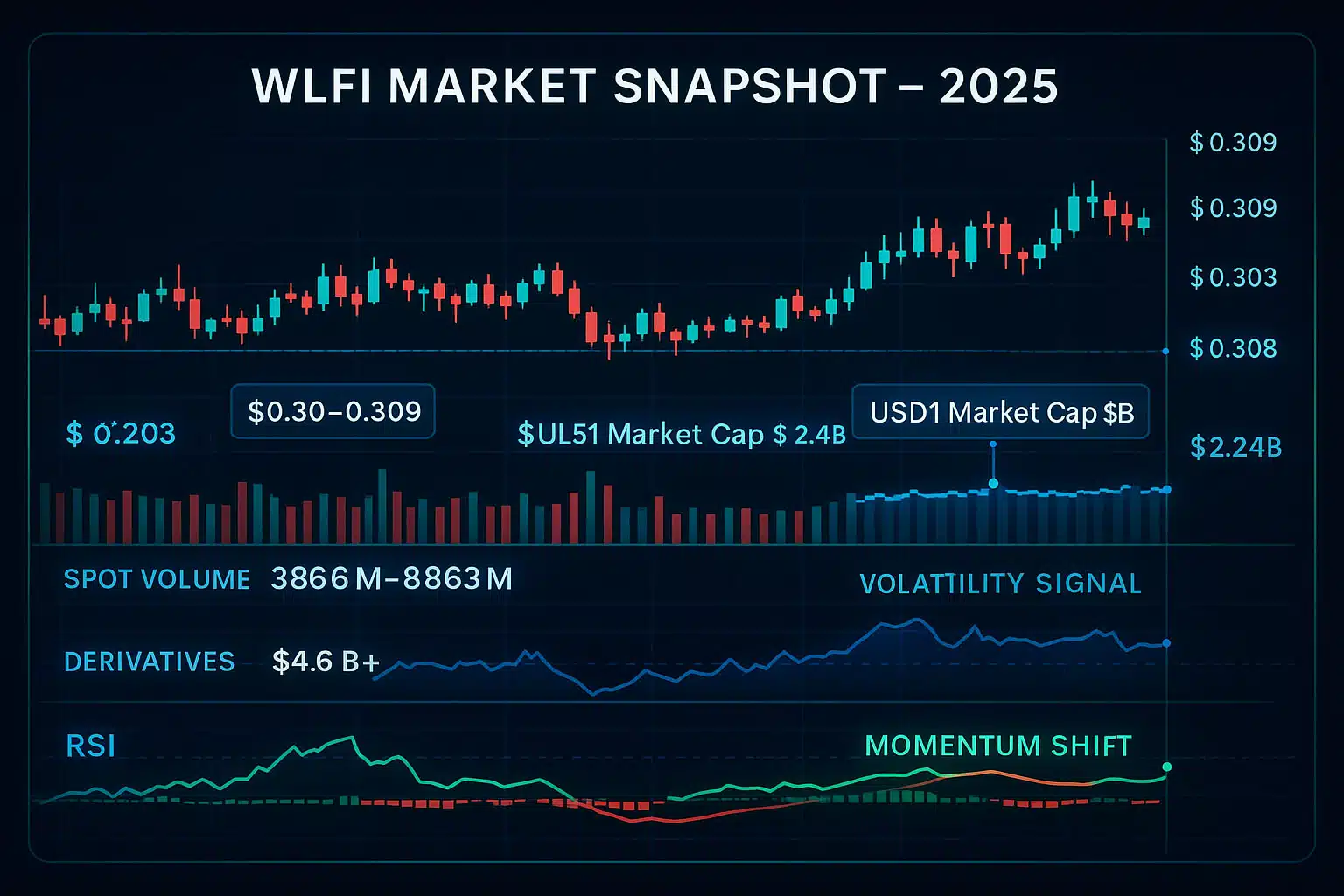1. Introduction: The Intersection of Cryptocurrencies and E-commerce
Cryptocurrencies, once a niche market, are rapidly gaining traction in e-commerce. As online shopping grows, there’s a rising need for faster, more secure, and cost-effective payment methods. Cryptocurrencies, like Bitcoin and Ethereum, offer these advantages, making them increasingly popular among merchants and consumers. This article explores how cryptocurrencies are shaping e-commerce, highlighting their benefits, challenges, and potential impact on online shopping and payments.
Why Cryptocurrencies Matter in E-commerce:
Cryptocurrencies provide decentralized, secure, and borderless payment solutions that meet the evolving needs of the global e-commerce market.
2. Benefits of Using Cryptocurrencies in E-commerce
2.1 Faster and Cheaper Transactions
Cryptocurrencies offer significant benefits in transaction speed and cost. Traditional payment methods, like credit cards, often take days to process and come with high fees, especially for international transactions. Cryptocurrencies enable near-instant payments with lower transaction costs, appealing to both merchants and customers.
- Transaction Speed:
- Immediate Processing: Cryptocurrency payments are processed almost instantly, reducing wait times for both merchants and customers.
- Lower Fees: Cryptocurrency transaction fees are generally lower than those of traditional payment methods, especially for international payments.
2.2 Enhanced Security and Privacy
Cryptocurrencies provide enhanced security and privacy for online transactions. Traditional systems often require users to share sensitive information, such as credit card numbers, which can be vulnerable to fraud. Cryptocurrencies operate on blockchain technology, using advanced encryption to protect transaction data and reduce fraud risk.
- Security Features:
- Encryption: Blockchain technology ensures all cryptocurrency transactions are encrypted and stored on a decentralized ledger, making tampering difficult.
- Privacy: Cryptocurrency transactions don’t require sharing personal information, offering more privacy than traditional payment methods.
2.3 Borderless Transactions and Global Reach
Cryptocurrencies enable borderless transactions, allowing businesses to reach a global audience without traditional payment system limitations. Merchants can accept payments from customers worldwide without worrying about currency conversion fees or international banking delays.
- Global Accessibility:
- No Currency Conversion: Cryptocurrencies eliminate the need for currency conversion, making it easier for businesses to expand globally.
- Cross-Border Transactions: Cryptocurrency payments bypass the restrictions and delays of traditional cross-border transactions, enabling seamless international trade.
3. Challenges of Integrating Cryptocurrencies in E-commerce
3.1 Volatility of Cryptocurrency Prices
A major challenge in adopting cryptocurrencies in e-commerce is their price volatility. Cryptocurrencies are known for rapid price fluctuations, creating uncertainty for merchants and customers. For instance, a cryptocurrency’s value may change significantly between the purchase and its receipt by the merchant, leading to potential losses.
- Price Fluctuations:
- Impact on Pricing: Merchants may struggle to set prices in cryptocurrencies due to their volatility.
- Risk Management: Businesses must use strategies to mitigate cryptocurrency volatility risks, like using stablecoins or converting crypto to fiat currency immediately after a transaction.
3.2 Limited Adoption and Acceptance
While the use of cryptocurrencies in e-commerce is growing, it’s still not universal. Many businesses and consumers are unfamiliar with cryptocurrencies, leading to hesitation in adopting them as a payment method. The lack of regulatory clarity in some regions further complicates widespread adoption.
- Adoption Barriers:
- Education and Awareness: More education is needed to help businesses and consumers understand the benefits and risks of using cryptocurrencies.
- Regulatory Uncertainty: The lack of clear regulations around cryptocurrencies in some regions may discourage businesses from integrating them into their payment systems.
3.3 Regulatory and Compliance Issues
Cryptocurrency regulations vary widely across countries, posing challenges for e-commerce businesses that want to accept digital currencies. Compliance with local regulations, like anti-money laundering (AML) and know your customer (KYC) requirements, can be complex and costly.
- Regulatory Compliance:
- Complex Regulations: E-commerce businesses must navigate a complex web of cryptocurrency regulations that vary widely by region.
- Cost of Compliance: Meeting regulatory requirements can be expensive, particularly for small businesses without resources for compliance infrastructure.
4. The Future of Cryptocurrencies in E-commerce
4.1 Increasing Adoption and Integration
Despite the challenges, cryptocurrency adoption in e-commerce is expected to grow as more businesses recognize the benefits of digital currencies. As blockchain technology evolves and regulatory frameworks become clearer, more merchants will likely accept cryptocurrencies as a standard payment option.
- Growing Adoption:
- Merchant Integration: More e-commerce platforms and payment processors are beginning to integrate cryptocurrency payment options, making it easier for businesses to accept digital currencies.
- Consumer Demand: As consumer awareness and demand for cryptocurrencies increase, businesses may feel more pressure to offer crypto payment options.
4.2 Emergence of Stablecoins and
Stablecoins and central bank digital currencies (CBDCs) could accelerate the use of digital currencies in e-commerce. Stablecoins, pegged to fiat currencies, offer cryptocurrency benefits without volatility, making them more attractive to businesses. CBDCs could provide a government-backed digital currency option, combining blockchain security with fiat stability.
- Stablecoins in E-commerce:
- Reduced Volatility: Stablecoins offer a solution to the volatility problem, making them more practical for everyday transactions in e-commerce.
- Increased Trust: CBDCs, backed by central banks, could increase trust in digital currencies and encourage their use in online shopping.
4.3 Innovations in Blockchain Technology
Advancements in blockchain technology, like improved scalability, faster transaction processing, and enhanced security, will likely shape the future of cryptocurrencies in e-commerce. These innovations could address many current challenges, making it easier for businesses to integrate and consumers to adopt digital currencies.
- Blockchain Innovations:
- Improved Scalability: Developments in blockchain scalability could support higher transaction volumes, making cryptocurrency payments more viable for large e-commerce platforms.
- Enhanced Security: Ongoing improvements in blockchain security could further reduce the risk of fraud and enhance consumer trust in cryptocurrency payments.
Conclusion: The Transformative Role of Cryptocurrencies in E-commerce
Cryptocurrencies are set to transform e-commerce, offering faster, more secure, and borderless payment solutions. While challenges like volatility, limited adoption, and regulatory issues remain, the continued development of blockchain technology and the rise of stablecoins and CBDCs could address these concerns. As more businesses and consumers embrace digital currencies, cryptocurrencies will likely become an integral part of the e-commerce landscape, reshaping the way we shop and pay online.
For more insights and detailed analysis on the role of cryptocurrencies in e-commerce, explore our Crypto and E-commerce section.
Stay Updated
For the latest updates on how cryptocurrencies are transforming e-commerce, follow us on:
Stay informed with the latest strategies and insights in the world of cryptocurrencies and e-commerce at FreeCoins24.io.
Special Offer
Looking to integrate cryptocurrency payments into your e-commerce platform? Sign up on Bybit today and explore the latest trends in digital finance. Take advantage of up to $30,000 in deposit bonuses when you trade on Bybit.


















